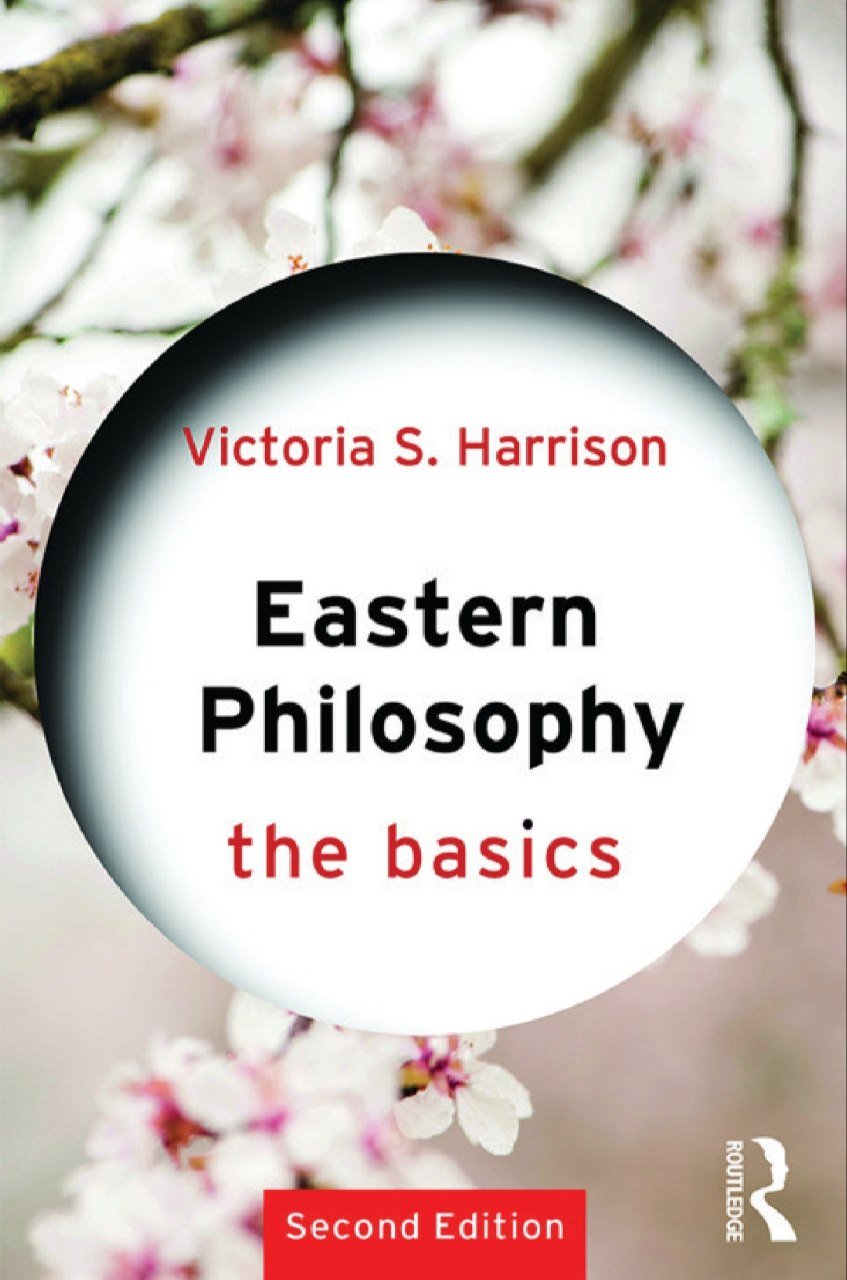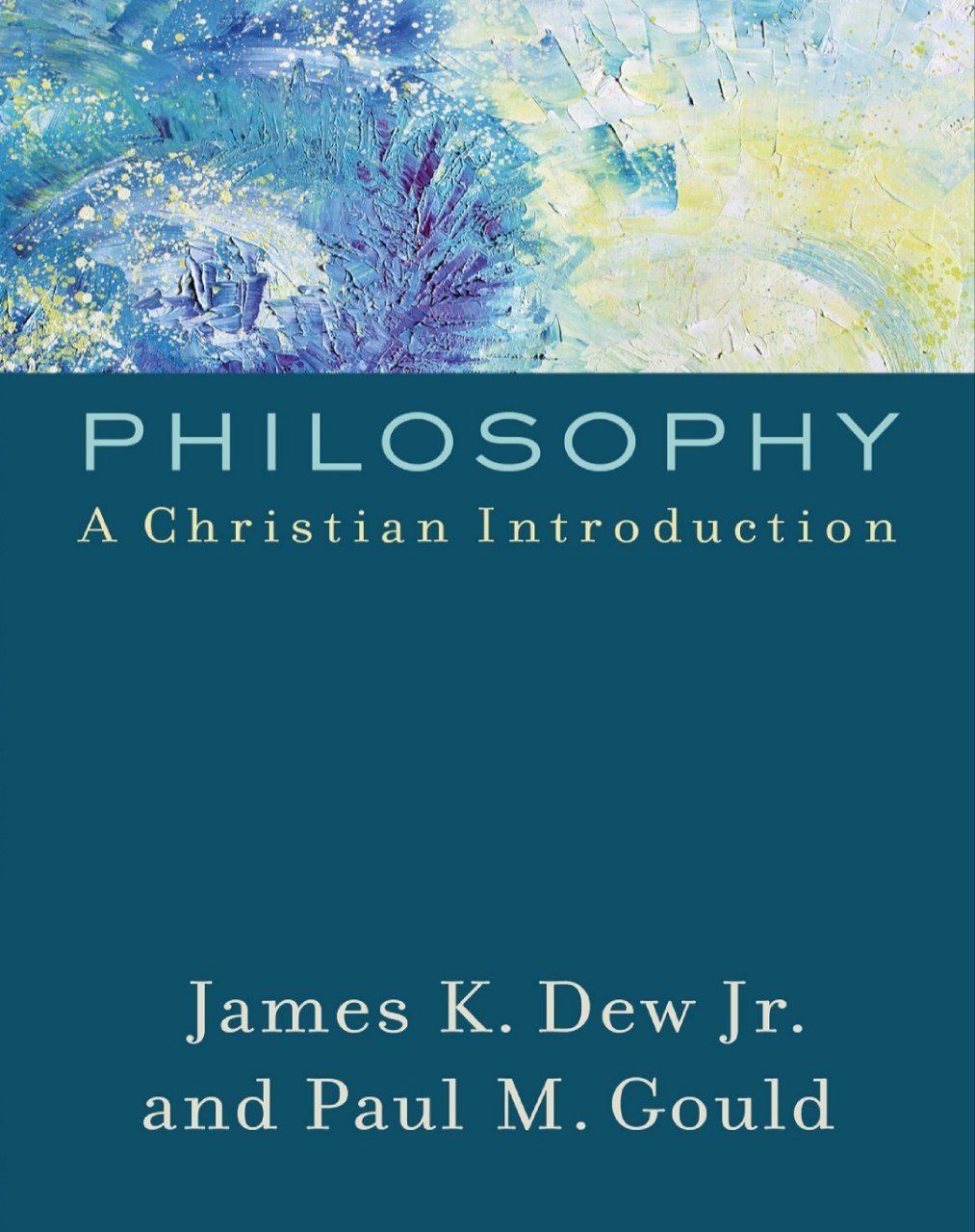

A Feminist Ethnomusicology by Ellen Koskoff
Reviews
No review yet. Be the first to review this book!
Description
A Feminist Ethnomusicology: Writings on Music and Gender by Ellen Koskoff In A Feminist Ethnomusicology: Writings on Music and Gender, Ellen Koskoff explores the ways in which feminist theory can reshape the study of music within its cultural context, offering a critical perspective on how music and gender intersect. This book brings together a series of Koskoff’s essays that examine gender roles in music, focusing on both the opportunities and constraints placed on women within various musical traditions and cultural practices. Through a feminist ethnomusicological lens, Koskoff highlights how music both reflects and constructs gender identities, shaping the experiences and roles of musicians, performers, and listeners alike. Koskoff critiques traditional ethnomusicological approaches that often overlook or marginalize gender as a factor in understanding musical practices. Instead, she brings attention to the way that gender influences the performance, composition, and reception of music across cultures. The book presents music as a powerful vehicle for both the reinforcement and subversion of gender norms, showing how musical traditions can be both oppressive and empowering. By examining a range of musical genres and cultural contexts, from folk music to classical and popular music, Koskoff underscores how gender roles are often embedded in music and musical performance. One of the central themes of the book is the idea that women have historically been excluded or limited in their roles as musicians, composers, and cultural leaders. Koskoff highlights how societal structures often place restrictions on women’s participation in music, both in terms of public performance and in terms of the ways their music is received and valued. At the same time, she demonstrates how women have used music as a means of resistance, finding ways to challenge and redefine gendered expectations. The essays in this book showcase the ways in which women, particularly in various non-Western musical traditions, have used their music as a form of agency to disrupt traditional gender roles. Koskoff also emphasizes that the study of gender in music must be intersectional, acknowledging the roles of race, class, ethnicity, and other social factors in shaping gendered experiences in music. Her work critiques the often Eurocentric and patriarchal focus in ethnomusicology and advocates for more inclusive research that reflects the diversity of musical practices and gendered experiences across cultures. Koskoff calls for a feminist approach to ethnomusicology that is reflexive, paying attention to the positionality of the scholar and how their own gender, race, and social context influence their research and interpretations. Throughout A Feminist Ethnomusicology, Koskoff draws on case studies from a variety of cultures to illustrate the complex relationships between music and gender. She examines the roles of women in music from different historical and cultural perspectives, providing insights into how music serves as both a site of empowerment and a means of enforcing traditional gender roles. She also addresses how the music industry, both in the West and globally, has gendered expectations that affect the careers of musicians, the reception of their work, and their representation in the media. Ultimately, this book argues for a feminist ethnomusicology that challenges traditional research methods and embraces a more inclusive and critical approach to understanding how music functions within social structures. Koskoff’s work is a call to action for ethnomusicologists to consider gender as a central component in the study of music and to look beyond traditional boundaries to include the voices of those who have been historically excluded or marginalized in musical practices. Through a combination of theoretical insights, ethnographic studies, and critical analysis, A Feminist Ethnomusicology offers an essential contribution to the fields of musicology, ethnomusicology, and gender studies, urging scholars to rethink the ways in which music can both reflect and shape gender identities.





















.jpeg)

.jpg)






.jpg)




.jpg)

.jpeg)




.jpg)








.jpeg)

.jpg)


.jpeg)














.png)





.jpeg)




.jpg)


.jpg)





.jpg)















































